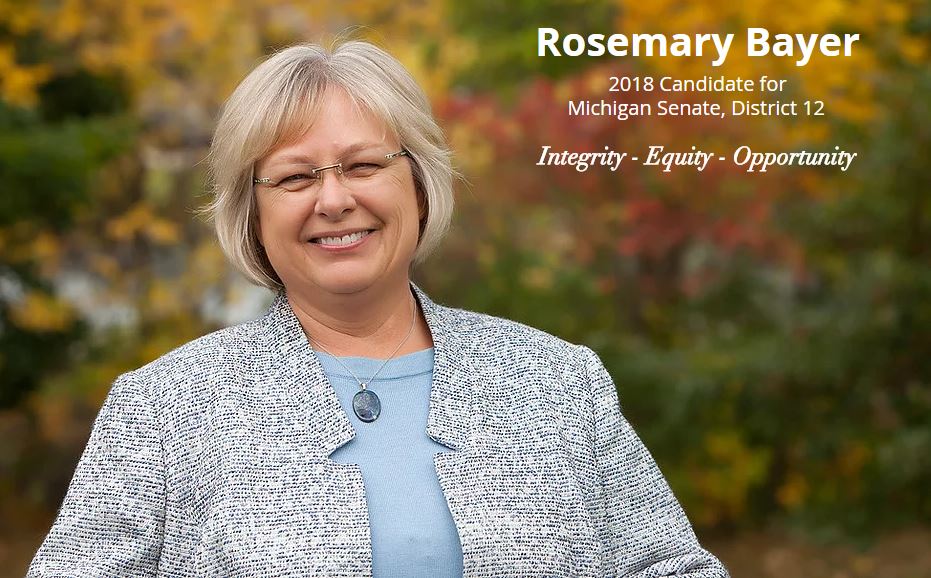WOMEN+
John Tully for The New York Times
Women Don’t Think Alike. Why Do We Think They Do?
”But women don’t automatically ally with other women, as Senator Susan Collins’s vote to confirm Brett M. Kavanaugh to the Supreme Court demonstrated. Sisterhood doesn’t override partisanship or deeply held moral views. Victims of sexual harassment didn’t all believe Christine Blasey Ford. Women don’t act as one.”
Meteorologist wore her 1-year-old baby on her back during live Weathercast
This one is fun! A mom made international news after wearing her baby to work in support of International Babywearing Week 2018. Employers, take note!
Black Female Lawmaker in Vermont Resigns After Racial Harassment
Kia Morris served as the Bennington Representative to the Vermont Vermont House of Representatives. In August 2018, she ended her re-election bid because of “what she described as a years long campaign of racially motivated harassment and threats”.
Economy+
Putting the family in economics
An academic read from Canada about the growing field of Family Economics.
”Family economics explores how families juggle financial and time trade-offs, and how their choices lead to outcomes related to such things as fertility, work, migration, raising children, spending government grants, and the health and welfare of subsequent generations.”
It's time to speak about the economic cost of sexual assault
”I recently did a straw poll of the women in my life and realized that I know more survivors of sexual assault than I do mothers…” If that doesn’t make you want to read this article, we’re not sure what will.
Homelessness in New York Public Schools Is at a Record High: 114,659 Students
New York City has one of the highest populations of homeless students in the United States. It’s estimated that 1 in 10 students in New York will sleep at shelters or at the home of a friend of relative because they are homeless.










